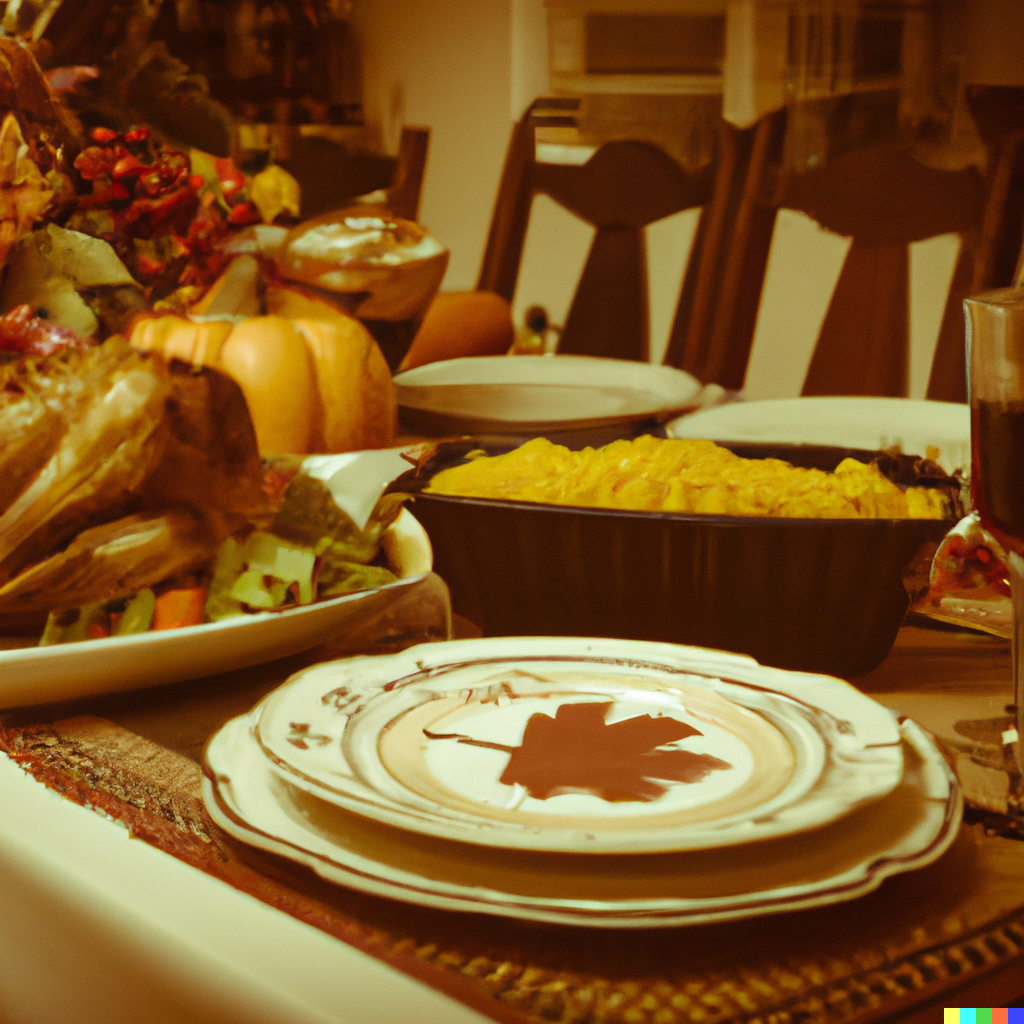The college boy is coming home for Thanksgiving.
I’ve already bought the marshmallows to melt on top of the sweet potatoes. Or are they yams? (Which ones are which? I never really know how they are different.) I picked out whatever looked particularly good at the farmers market and had garnet in the name. We weren’t the “candied yams out of a can” kind of family.
My mother’s recipe was to roast the whole sweet potato and then peel when cooled. Prepping this before Thanksgiving, she’d stick them in a Ziploc and refrigerate. Then, after the turkey was done, she would slice and set the pieces tightly in the blue-flowered Corningware, pouring orange juice over dotted pieces of butter, brown sugar and cinnamon. During the hour they’d be baking, we’d spoon the caramel-colored liquid over the sweet potatoes a few times. We turned over the hunks to make sure everything got coated with the bubbling, thickening syrup. Right before serving, my kids would layer the marshmallows on top, and I’d crank up the heat. We’d watch through the oven door to see when they’d lift and puff up just right. When they were golden brown on top, I’d pull out the pan before they got scorched.
I’ve hosted Thanksgiving annually at our house, but for the past two years, we’ve changed our tradition. Since our Stanford swimmer has to be back for practice on the Friday after Thanksgiving, the dà jiā (大家), meaning “big family,” celebrates on Wednesday night now. We lounge around in pajamas on Thursday while nibbling at the left-overs once wrapped in aluminum foil. In order to be in the Avery pool by 4 p.m., the college boy leaves Friday by 6:30 a.m. to catch his flight from JFK to SFO.
When my now college boy was just a boy, I had dressed up the mild, comforting post-Thanksgiving turkey jook (粥) as my father had loved to eat it. We’d make a thick, nourishing rice soup of what was left — the picked-over turkey carcass set on a slow boil with ginger, stirring the broth, bones and rice into jook. My dad used to slurp up a steaming bowl with pungent dried pork flecks (肉松) ròu song, pickled cucumbers in soy sauce brine, tinned fried fish and fresh scallion sprinkled on top.
“That’s gross,” my son had said, wrinkling his nose at the salted black beans, coagulating oil and swollen grains of rice in front of him. Instead, he refilled his plate with the marshmallow-topped sweet potatoes.
When my dad died suddenly from a brain aneurysm at 55 years old, it was hard to continue gathering for holiday reunions with our large intergenerational dà jiā (plus the newly added spouses) Cooking at home had always meant cooking plenty of food to eat with pleasure, but his absence was a bitter twist in the mix. Even now, after 28 years, talking about Dad continues to be important for the healing process. Just hearing his name out loud when we share stories is a solace.
Loss and love hits with the rituals of Thanksgiving. With spoons dipping and knives chopping for each dà jiā gathering, my sisters and I have worked through the sorrow of losing people we love. Whether I’m a guest or a host, saying hello or goodbye, I think about who’s missing from the table.
The first Thanksgiving after my mother died of multiple myeloma, my maternal grandmother, Popo, came to our house. As usual, the table groaned with the weight of our favorite side dishes — Mom’s sweet potatoes, Mai Lee’s sticky rice with Chinese sausage, Tio Timmy’s Brazilian feijoada and Nana O’Connell’s Irish soda bread. Popo asked why my mother, her daughter, was not there. We told Popo that Mom was resting at her New York City apartment. My uncles, aunts and cousins had agreed that we wouldn’t tell Popo — 89 years old and living in the memory care wing of the nursing home — that Mom had died that July.
Chinese culture, like most cultures, views the death of a child to be the greatest loss of all. Why make Popo endure that needless pain of outliving her daughter? My sisters and I were, perhaps still, recovering from being orphaned. Given the circumstances, sugarcoating the truth was easier.
We continue to mark time with kiddie tables and crumbled napkins, lingering with contentment over the homemade meals and relishing where the talk goes when asked, “So, how’ve you been?” The invisible legacies that connect our dà jiā households, despite inevitable stings, snarls and stumbles that cause hurt feelings, make me grateful to savor what remains.
The best thing about my mother’s sweet potatoes is that when you reheat them, you can put more marshmallows on top. When you pop the dish into the microwave, the same puff thing happens. You don’t get the browned bubbles but it’s still deliciously gooey and smells great. And isn’t that what’s best about Thanksgiving? Eating leftovers?
And extra marshmallows for the college boy.
